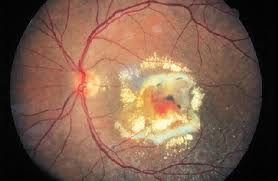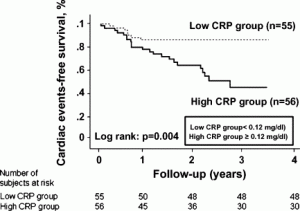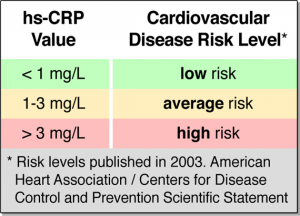A study from the Harvard University involving 38,000 women and having been started in 1993 has surprised the researchers. They wanted to find out whether there were certain foods that may cause colon and rectal cancer. So they administered a “food-frequency” questionnaire with 131 questions to women 45 years or older who entered into the study. Such factors as low-dose aspirin, vitamin E and beta-carotene were included in the questionnaire as was the exact food composition for the year prior to enrolment into the study.
A sugar load (glycemic load) was calculated. This way the impact of various sugar and starch containing foods could be assessed and compared among different subgroups regarding the later development of cancer in the colon and rectum.
When Dr. Susan Higginbotham and Dr. Simin Liu analyzed the diets of the 174 patients who did develop cancer (26 rectal cancers, 148 colon cancers) they found that the women with the highest sugar and starch load were 3 times more likely to develop cancer than the controls with a low glycemic load. High glycemic load foods are candy, cakes, cookies; any other refined flour products including white bread, pasta, French fries and baked potatoes. Together with other literature in this field the authors of this study concluded that the high glycemic food load leads to increased insulin levels in the blood as well as insulin-like growth factors. This in turn leads to cell division in normal and cancerous cells including the lining of the colon and rectum. In addition it is known that the C-reactive protein promotes an inflammatory response that will lead to heart attacks and to cancer.
Dr. Bob Bruce from the University of Toronto has shown in his research on colon cancer that insulin and related factors are important in the promotion of this cancer. He commented regarding the Harvard study reviewed here that more research is required before the exact cause of cancer of the colon and rectum would be understood. This knowledge is required before more effective preventative measures can be found other than a simple reduction of sugar and starch in the foods we eat.
Based on the Feb.4 edition of the Journal of the National Cancer Institute (U.S.) and the National Review of Medicine (Canada) March 15, 2004.
More info about Colorectal cancer can be found through this link.
Last edited October 26, 2014










